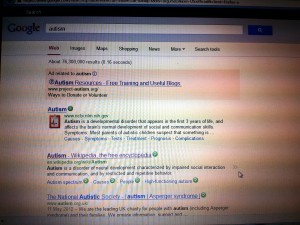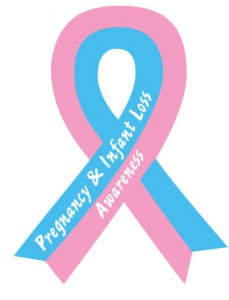To my dearest boys,
I was going to start this letter by telling you about the things that happened today, but it will be easy enough for you to find out if you are so inclined. Just Google today’s date – December 14, 2012 – and “Connecticut”. I am afraid that if I try to describe the events for you here, I will drown under the weight of my own sadness, and I won’t be able to tell you the stuff that you really need to know.
When you were newborn babies, I held you in my arms and promised you that I would give you the best life I possibly could. I would provide for you, support you in whatever you wanted to do and help you reach your full potential, whatever that might be. I would keep you safe and warm, and I would do everything I could to protect you from the uglier side of life.
But sometimes the uglier side of life kind of forces itself on us. People do things that are so unspeakably terrible that the effects penetrate to the deepest parts of our souls. It reminds us that sometimes we cannot protect the ones we love – sometimes we just have to do the best we can and then go on faith.
Today I feel like the luckiest mom in the world. When I got home from work today, you both came running at me, and I wrapped my arms around you and held you as close as I could. You hugged me back, kissed me on my cheek and told me you loved me. Right now, there are some parents who will never feel the warmth of their children’s hugs again.
We all spent some time romping around on my bed, telling jokes and wrestling with each other. I scolded you when you started jumping on the bed, all the while feeling immensely grateful that you are here for me to scold.
We went out to dinner, the four of us. We went to our usual restaurant, sat in our usual booth and ate the food we usually eat. We were all together – an intact, whole family. I thought of the families who have new gaps at their dinner tables and in their hearts.
As I sit here now, I am thinking about how tomorrow, I will finally get around to putting up the Christmas tree. I will be doing it with you boys, but instead of bossing you around about how to decorate the tree like I usually do, I am going to let you do it however you want.
You see, I get to decorate the Christmas tree with you. I will get to give you the Christmas presents I have bought you, unlike some families who have gifts hidden in their closets that will never be opened.
Right now as I write this, you are both in bed. You are supposed to be asleep, but one of you is trying to play with Lego quietly, and the other has a colouring book and crayons under the blankets with a flashlight. In a little while, I will go into each of your rooms and tell you to go to sleep.
While I am there, I will hug you tightly and tell you I love you.
With all my love, with all my heart, with everything I have.
Mommy












